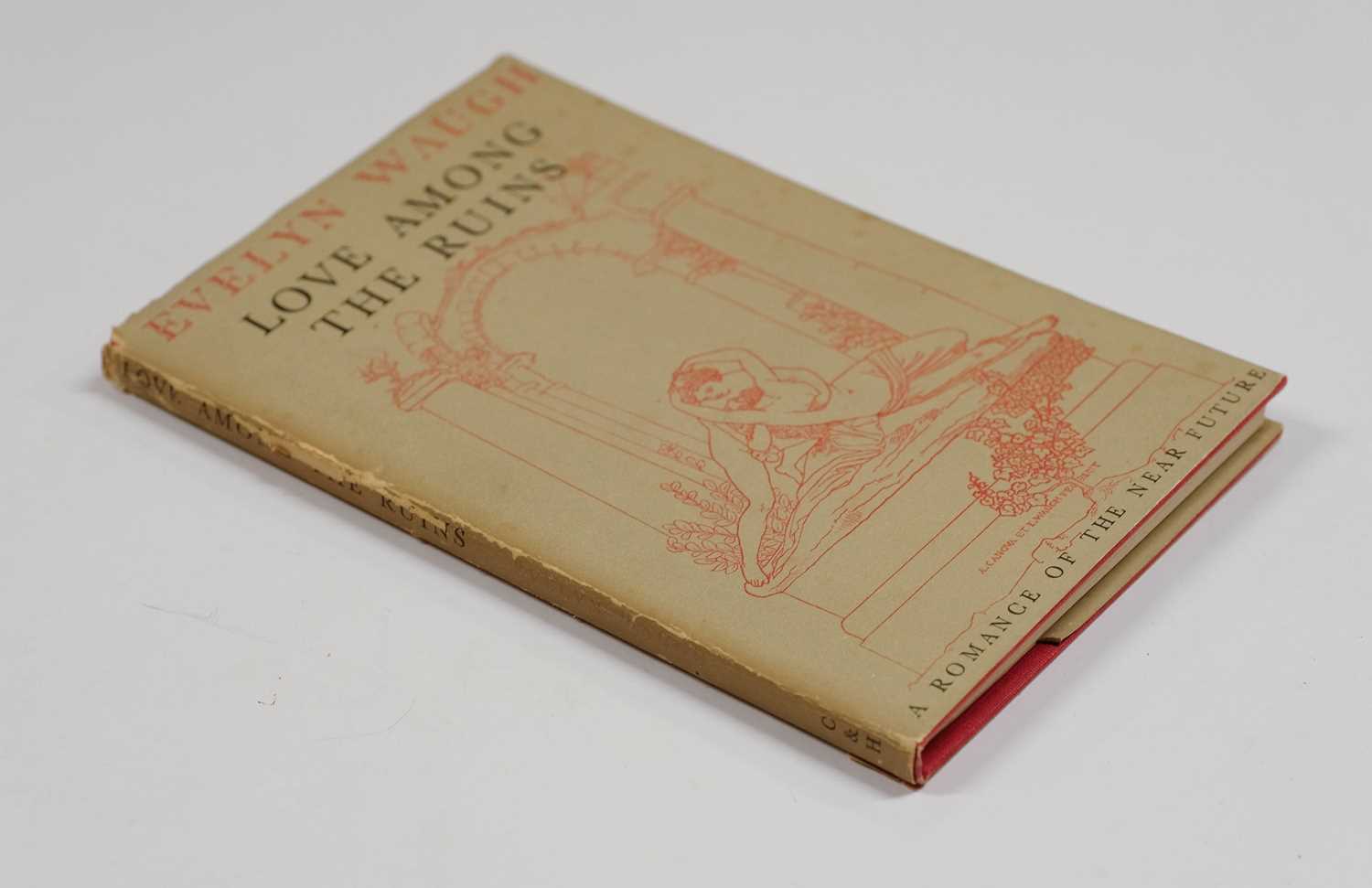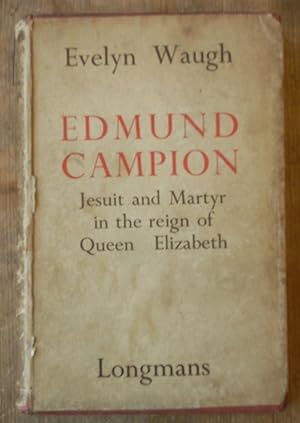

He received his early education at Christ's Hospital school and, at the age of 13, was chosen to make the complimentary speech when Queen Mary visited the city in August 1553. His feast day is celebrated on 1 December.Įarly years and education (1540–1569) īorn in London on 25 January 1540, Campion was the son of a bookseller in Paternoster Row, near St Paul's Cathedral. Campion was beatified by Pope Leo XIII in 1886 and canonised in 1970 by Pope Paul VI as one of the Forty Martyrs of England and Wales. Convicted of high treason, he was hanged, drawn and quartered at Tyburn. While conducting an underground ministry in officially Anglican England, Campion was arrested by priest hunters. Waugh writes like a student of his subject, and he cannot, and should not, be excused for making mistakes on the ground that he has merely written "a short, popular life.Edmund Campion, SJ (25 January 1540 – 1 December 1581) was an English Jesuit priest and martyr.


Is Waugh's history really "in the vein of 1066 And All That"? At the outset it must be said that Waugh went to extraordinary lengths to disclaim any pretensions to scholarship for his "short, popular life." He emphasized his heavy dependence on Richard Simpson's biography of Campion, and in the Preface to the Second Edition declares: "All I have done is select the incidents which struck a novelist as important, and relate them in a single narrative." But Waugh was being modest, for close reading shows that he drew extensively on the scholarly works listed in his bibliography and that he used a collection of "notes and documents" made available to him by Father Leo Hicks, S.J., an historian of note. Despite this opening, which seems to promise a discussion of Waugh's history in the broad, the following modest essay will concern itself mainly with slips and blunders, primarily because one noted Campion scholar virtually defines Waugh's Edmund Campion by its "irritating historical errors." But it is fair to ask how numerous, and how significant, such errors really are, and why they have been given such notoriety.

Catholicism was a Good Thing and Protestantism was a Bad Thing, and that is all that needs to be said about it." Strangely, Wilson went on to accuse Edmund Campion of making "no attempt to create historical atmosphere" and this of a biography that offends, where it offends, by locating its central biographical narrative within a boldly tendentious-and atmospheric-version of Elizabethan history. Reviewing the American Edition of Edmund Campion for the New Yorker in 1946, Edmund Wilson, the eminent novelist and critic, wrote: "Waugh's version of history is in its main lines more or less in the vein of 1066 And All That.


 0 kommentar(er)
0 kommentar(er)
